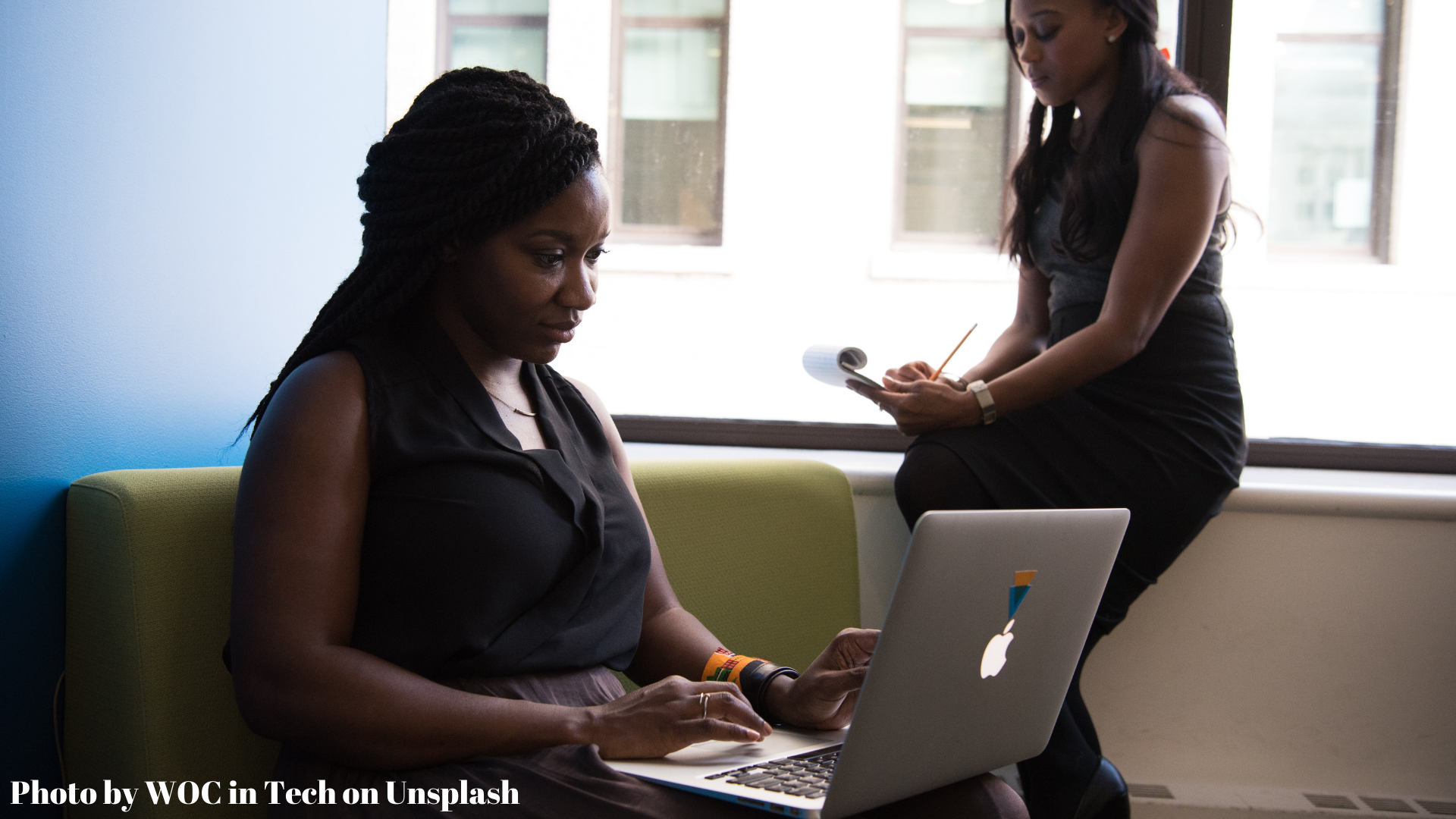Where do you find a mentor?
Women face barriers to advancement in the workplace and mentoring is one method to aid in reaching positions of power.

Hi Everyone,
The other day I was talking to a friend and sharing with her an encounter I had in a professional setting. After I was done sharing the experience, she stated sorry you experienced that micro/macro aggression. We discussed some strategies for dealing with instances like that in the future. Afterwards, she asked me if I had a mentor that was more senior than I am. I explained to her that I kind of have a mentor, but not really. I was just mentoring myself. We discussed me finding a senior mentor and coming up with a career strategy.
I have made it where I am with the support of friends and family and a lot of peer to peer mentoring, but I haven't had much experience with a senior mentor and it is something that I have been thnking about, particularly as we enter March- Women's History Month.
Women in the workplace, particularly women who innovate in the workplace has been an interest of mine over the last several years. I even wrote an entire dissertation about how institutional environments enable or constrain women's entreprenerual activity within the workplace.

There are many obstacles that women face in advancing their careers that lead to the wage gap, the wealth gap, and broken rung. The solutions offered are often bandaids to the structural and institutional systems that block women from advancing into posititons of power.
I have been thinking about institutional change and institutional entrepreneurs and in the future I will write more long form articles on this topic, but in the meantime I've been thinking of some tools and methods for navigating barriers. My friend's comments had me thinking about mentoring, sponsoring, and networking.


While mentoring, sponsoring, and networking are not the only solutions out there, they are options that women can use to advance in their careers.
As I move into the next phase of my career from early stage to a more mid-level and senior position, it is important for me to find a more senior mentor. I have lately been using industry specific programs or programs focused on specific demographics for career advancement solutions.
Some things I am reflecting on when thinking about where to find a mentor are:
- Alumni and industry associations are places to find mentors and individuals who have similar interests. As well as formal mentoring programs through the workplace.
- There are peer to peer mentoring groups that exist for women. For example: Medley, Chief, and The Cru (I joined the Cru this year).
- There are industry specific leadership and mentoring programs that exist for people and are good places to find mentors. For example: Coro New York Leadership Center (I was accepted into this program this year) and the Women in Power fellowship.
- In conducting informational interviews with people in your field you can find people who can serve as mentors. For example: using LinkedIn and other networking sites to find people to contact.
- Reading biographies, books, creating social media lists, listening to podcasts are ways to have mentors that you may not typically have access to.
- DIY is a method I have most used by meeting regularly with friends who are also moving forward in their careers. I have frequent check-ins with friends and colleagues where we discuss our career paths and strategies.
- Social clubs are reemerging as a place to find people to interact with who may serve as mentors or a network. For example the Wing and Ethels Club.
Finding a network of like-minded individuals or searching for places where a mentor might be found isn't something I have struggled with when it comes to group settings. However, finding someone who is more senior than me who I have built a meaningful relationship with and provides guidance into career struggles or opportunities is something I want to be more mindful of.
Questions I think about when thinking about forming a mentoring relationship:
- How do you maintain the mentoring relationship once it has been established?
- What do you talk about with the mentor?
- How do you find people who are more senior who have the ability to help?
- How long does the mentoring relationship last?
I would like in the next few months to think about who might be a good person to serve as a senior mentor to me as I move in the next stage of my career. I also am going to read more about mentoring. Dr. Montgomery has a lot of articles about mentoring; I am going to explore her archives.
Do you have a mentor? What are some approaches you have taken to nurture the relationship? Where did you find your mentor?
***Dr. Lisa-Marie



